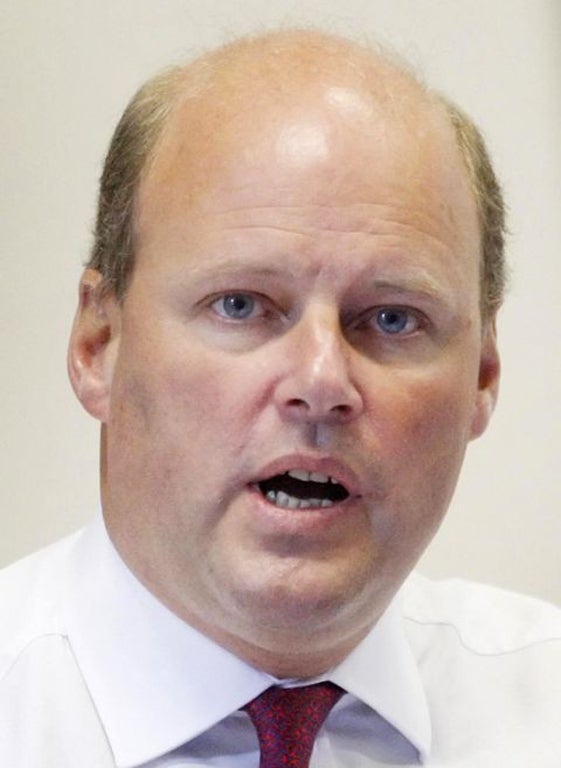RBS boss 'underestimated' extent of bonus furore

Royal Bank of Scotland boss Stephen Hester admitted today he had “underestimated” the furore his £1 million bonus would cause.
Mr Hester, chief executive of the 83% state-owned bank, disclosed that he had considered resigning amid the political storm.
But he said he believed it was essential to defuse the “timebomb” of the bank's balance sheet for the benefit of the taxpayer.
“In the end, I came to the conclusion that it would be indulgent for me to resign,” he told BBC Radio 4's Today programme.
Mr Hester said he decided to waive the bonus - to be paid in bank shares - because of the damage the row was doing to the bank.
"I took the judgment that it was going to be damaging for RBS to stay in the intensity of the spotlight that we had got into," he said.
While he said he had "great sympathy and understanding" for people concerned about the high rewards in the banking industry, such "societal issues" were ultimately a matter for politicians
He said it was essential that RBS was able to recruit the best people to resolve the problems it had inherited from the former management, which led to it being bailed out by the taxpayer.
"When I was asked to take on this job three years ago, I had to replace the whole senior management team of RBS," he said.
"We had to go around the world looking for the best people, not just people to run a bank well, but people to defuse the biggest timebomb in history in terms of bank balance sheets.
"Those people are doing a good job. I think they deserve recognition. If they do a good job, it is our task to make sure that there is a connection between the job people are doing and how they get treated."
Mr Hester acknowledged that bank bonuses were controversial but said RBS had not realised what a storm his award would create.
"I understand why these issues are controversial - particularly in a time of austerity. Of course, we underestimated that, going forward," he said.
He admitted the banks had been guilty of "hubris" after 20 years of "unbridled expansion" leading up to the crash of 2008.
"I think in the case of the banking industry there was over-confidence and, with the benefit of hindsight, over-rewards," he said.
However he warned it was important not to "demonise" a sector which remained essential to the economy.
"Let's not demonise a whole industry. Let's not demonise something that is fundamental to the world economy," he said.
"Banking is important, financial services is important. It supports the economy, it supports millions of jobs and we need to remember that."
While he acknowledged that as a largely state-owned organisation, RBS would be held to a higher standard than other banks, he said it could not be treated completely differently.
"It may make our job more difficult. We have to try to behave in a way that also leads on some of these difficult issues of how we interact with society," he said.
"We can't be completely different from all the people against who we compete but I accept that we need to have a sensitivity."
He added: "We would make a mistake as a society if we forget how wealth is generated, how successful people are motivated."
He said the continuing controversies over RBS since its rescue by the taxpayer three years ago had taken their toll on him personally.
"I am certainly not a robot and there have been some deeply depressing moments," he said.
Mr Hester stressed that the banks alone were not responsible for the current economic problems.
"Banking made mistakes as an industry but they were mistakes that were mirrored in the economic management of many countries around the world and in other people's exuberance," he said.
He added that, while fairness in society was important, it should not be achieved by "cutting down success".
"I believe strongly in issues to do with equality of opportunity. I believe in a progressive tax system - I have no problem in paying more tax," he said.
"But I don't think cutting off success or cutting down success is the way to go about fairness in society."
PA
Subscribe to Independent Premium to bookmark this article
Want to bookmark your favourite articles and stories to read or reference later? Start your Independent Premium subscription today.

Join our commenting forum
Join thought-provoking conversations, follow other Independent readers and see their replies